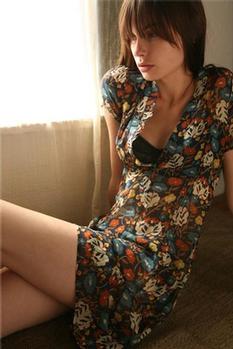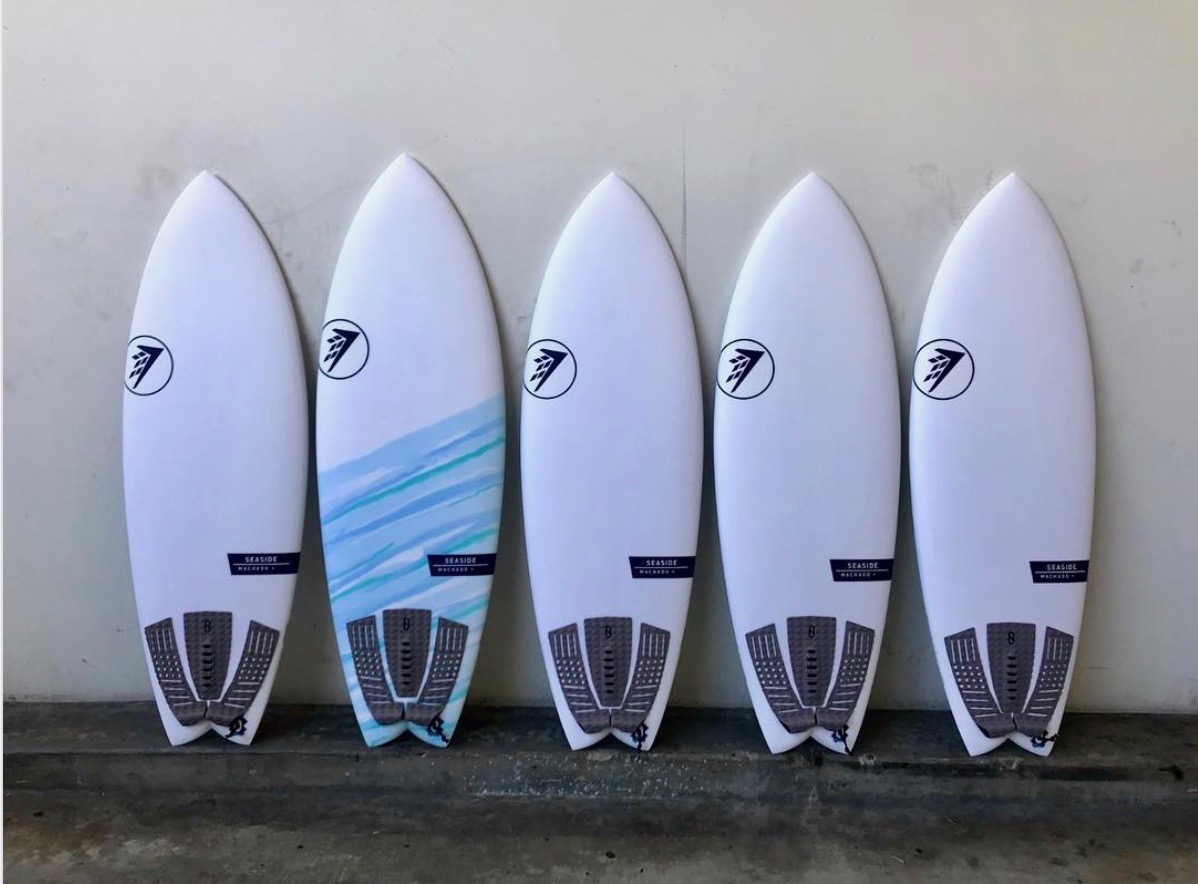Urban Outfitters CEO on state of the consumer, fashion, European expansion and acquisitions

Urban Outfitters CEO Glen Senk provided interesting insight into the company’s business and the state of the consumer during an earnings conference call yesterday. Senk is masterful at articulating what he sees in the marketplace and his vision for the company. I always learn something when I read his comments.
Urban Outfitters carries several industry brands and also competes with industry retailers.
Here are excerpts from a transcript of the call.
On the importance of fashion
“As I’ve communicated consistently throughout the spring, the customer is seeking fashion and there’s practically no evidence of price elasticity on compelling product. Undistinguished basics, or any commodity-like product, are another story altogether. There, it’s a buyer’s market and the right price is critical.
“I believe the challenging environment has triggered profound changes in the consumer psyche. As we move into the ‘new normal,’ I believe the customer will be more discriminating, I believe she’ll be looking for authenticity, I believe she’ll modulate the way she shops for commodity product versus special product, and I believe she’ll shop brands whose values she shares-all changes that I believe will play to our strengths for years to come.”
On authenticity
“The interesting part of the business for us is really the fashion. … And boy, does this resonate with me as I shop stores, which I did again last Friday, is the whole authenticity thing.
“I really feel like the middle is dropping out. I think luxury obviously has been challenged for the time being but what I think really resonates with people is a connection to either an artist or a manufacturer, a level of authenticity in the product and I feel that our company and all of our brands can do that better than just about anybody.
“So it’s the story behind the merchandise – people really want to know how something was conceptualized, how it was manufactured. They want to know about the people making the garment. They want stories, they want special product. And this is something that the chains and certainly the mass merchants can’t do and this is a calling card for our company and so that’s what I meant when I said modularly. I think they are going to some of the mass merchants for white T-shirts or basic denim but they are coming to us for the special product.”
How Urban will compete in the new climate
“The changes facing our industry are profound, and the future belongs to those who are disciplined, nimble and unafraid to challenge the prevailing mindset. The URBN family is committed to doing all of that and more. We will compete the way we always do – by remaining wholly customer-focused and working hard to excite the customer on a daily basis; by taking managed risks so that we stimulate the customer with newness and innovation; and by making our stores, catalogs and websites unexpected, fun and utterly compelling-all while mining the opportunity to transform our business for the next generation of consumers.
On expanding in Europe
“In Europe, for the Urban brand we’ve typically opened a store or two a year. We’ll begin to accelerate that.
“We have the first Anthropologie opening October 23rd. The second Anthropologie, that’s opening on Regent Street in London. The second Anthropologie in Europe will open in the first quarter of 2010.
“I think we will begin to see Europe accelerate. Andrew McLean, our Chief Operating Officer for Europe, started with us in January and just moved to the U.K. about a month ago and he is creating the kind of infrastructure there that will resemble what we have done here so that Hugh and James, who run Urban Outfitters and Anthropologie respectively, can focus on real estate and merchandising and marketing and not so much back-of-house.
So I think John is feeling comfortable with a number around 50 stores next year and barring any unforeseen circumstances, I think we’ll be roughly in that range.”
Why Urban doesn’t believe in flagship stores
“For us, we don’t really believe in the flagship strategy. You know, I think to have a flagship store in our own company is somewhat disrespectful to all the other locations. It’s like having a favored child and I think the brilliance of our model is that in North America, our stores work everywhere and they are profitable and they are highly profitable everywhere.
And you know, I remember when I interviewed with (the Urban Outfitters founder) 18 years ago, I said to him why did you open the first Anthropologie in Wayne, Pennsylvania? And he said because anybody could do a lot of business in New York City and if we could find a way to make it work in Wayne, Pennsylvania, then it will work anywhere.
“And the same will be true for Europe. Now certainly the London stores will do more business than the stores outside of London but that doesn’t meant that we won’t be equally if not more profitable in secondary and tertiary markets. … I think that we are looking at a minimum of 100 stores between the two brands in Europe and probably more.”
On using a portion of its $583 million in cash to make an acquisition
“I am sure we’ll talk about it at the board meeting next week. We have said before that we wouldn’t rule out the possibility of an acquisition. I think it’s highly unlikely that it would be a large acquisition. I think that if we were ever to acquire anything, and the operative word there is if, it would be a small business that had strategic synergies to the URBN portfolio. So that’s one possible use.
“We certainly could do a buy-back. We are authorized to do one.”



![MIKE WEST THE DAILY 2[49]](https://shop-eat-surf.com/wp-content/uploads/2024/04/MIKE-WEST-THE-DAILY-249-600x400.jpeg)






